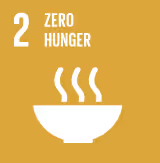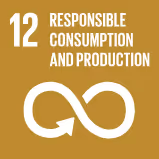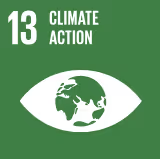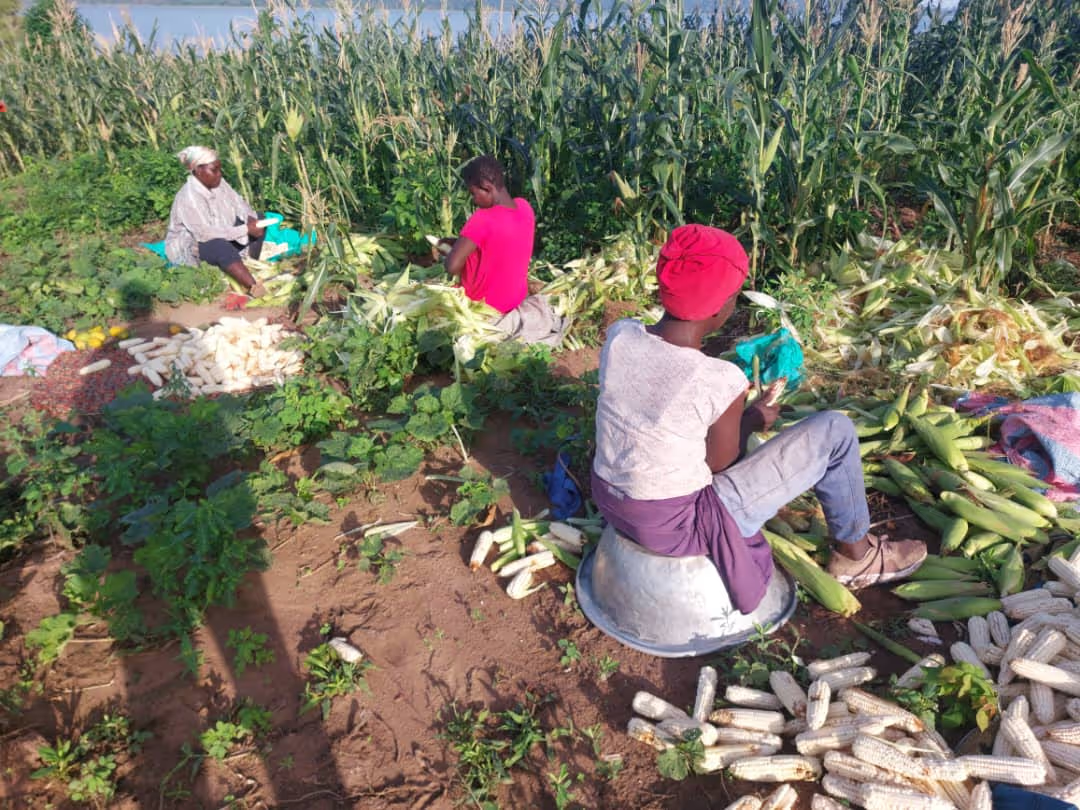The challenge
For farming communities along the Volta Lake, climate change has introduced new uncertainties. Unpredictable rainfall, soil degradation, and poor storage methods have resulted in declining harvests and significant post-harvest losses. Families often find themselves without enough food during lean seasons, while farmers lose income due to crops spoiling before reaching the market. Without training and tools to adapt, these challenges threaten both food security and livelihoods.
The Intervention & What We Achieved
To tackle these pressing issues, WCNDF implemented a climate change and sustainable food security project in Agbenoxoe, Kpando District. The initiative focused on equipping farmers with practical skills in Good Agricultural Practices (GAP) and post-harvest management to reduce waste, increase yields, and improve resilience.
Through a series of training workshops, farmers learned techniques to enhance soil fertility, manage water more efficiently, and protect crops from pests without relying heavily on chemicals. Just as importantly, they were introduced to low-cost, non-chemical storage methods that reduce post-harvest losses and keep food fresh for longer.
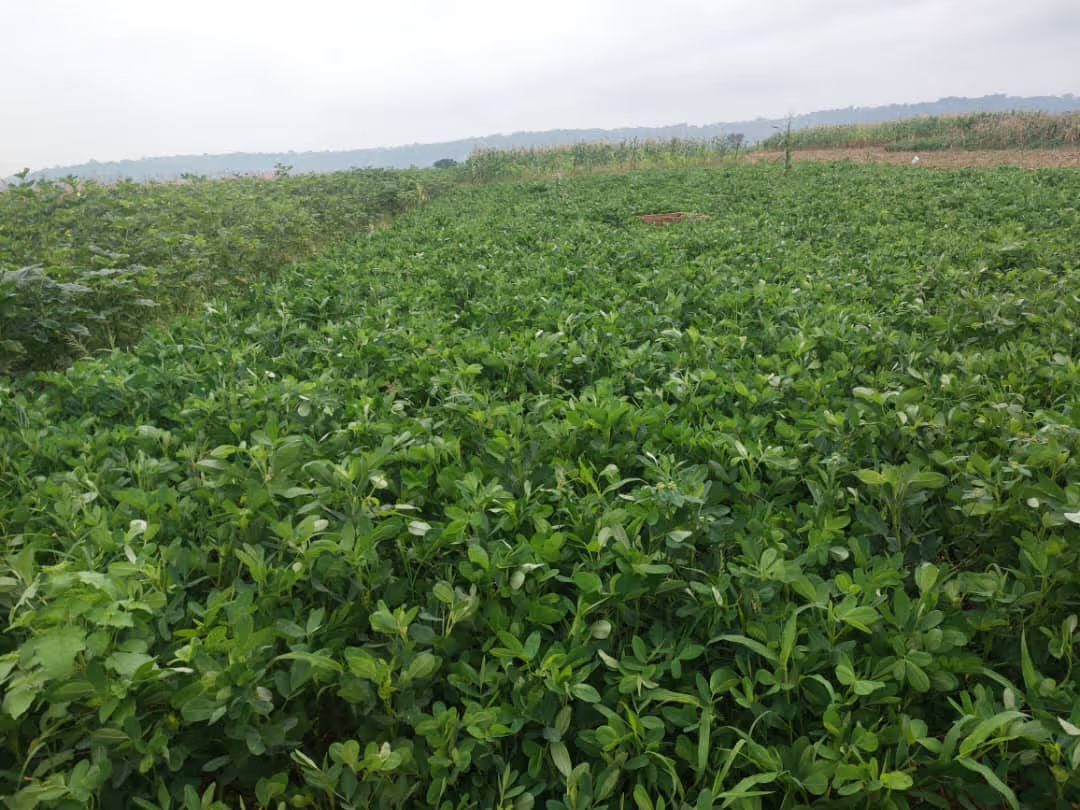
The project also highlighted the connection between climate change and food insecurity, encouraging farmers to adopt practices that not only improve yields today but also safeguard the land for future generations. By working closely with local farmer groups, WCNDF ensured that the knowledge shared would remain embedded within the community long after the project’s completion.
